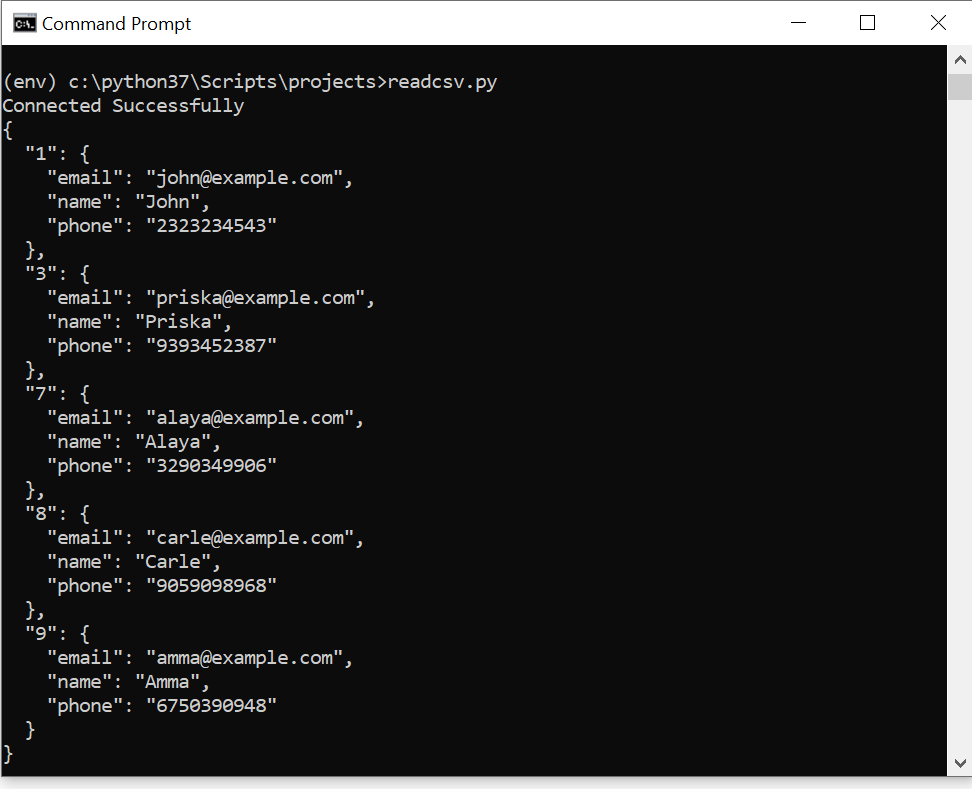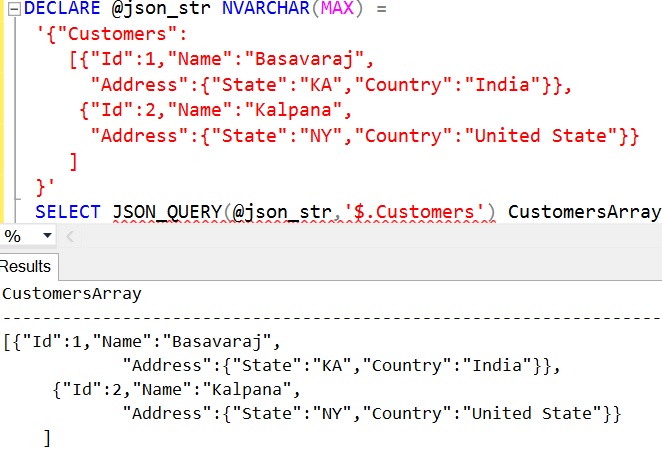

JSON QUERY PYTHON SOFTWARE
Zbigniew Siciarz donated to the Django Software Foundation to Otherwise,īackwards relations may not work properly. Relationships and adds them when the related models eventually are imported.įor this reason, it’s particularly important that all the models you’re usingīe defined in applications listed in INSTALLED_APPS. Related models haven’t been imported yet, Django keeps tracks of the Is created, Django adds backward-relationships to any related models. Then the models module inside each application. Starts, it imports each application listed in INSTALLED_APPS, and Model classes are related to it until those other model classes are loaded? Repeat Yourself) principle, so Django only requires you to define theīut how is this possible, given that a model class doesn’t know which other The Django developers believe this is a violation of the DRY (Don’t Other object-relational mappers require you to define relationships on both How are the backward relationships possible? ¶ For example, here’s a valid asynchronous query: Using this distinction, you can work out when you need to use asynchronous Have asynchronous versions - the asynchronous name for each is noted in itsĭocumentation, though our standard pattern is to add an a prefix. Methods that do not return querysets: These are the blocking ones, and.Situation, though read the notes on defer() and only() before you use Methods that return new querysets: These are the non-blocking ones,Īnd don’t have asynchronous versions.

In there, you’ll find the methods on QuerySets grouped into two sections: More logical way - look up what kind of method it is in the The method (for example, we have aget() but not afilter()), there is a

While you could poke around and see if there is an a-prefixed version of But how are you supposed to tell the difference? Some, like filter() andĮxclude(), don’t force execution and so are safe to run from asynchronousĬode. Some methods on managers and querysets - like get() and first() - forceĮxecution of the queryset and are blocking. headline = 'Lennon Would Have Loved Hip Hop'. headline = 'New Lennon Biography in Paperback'. create ( name = 'Pop Music Blog' ) > Entry. create ( name = 'Beatles Blog' ) > pop = Blog. from datetime import date > beatles = Blog.


 0 kommentar(er)
0 kommentar(er)
